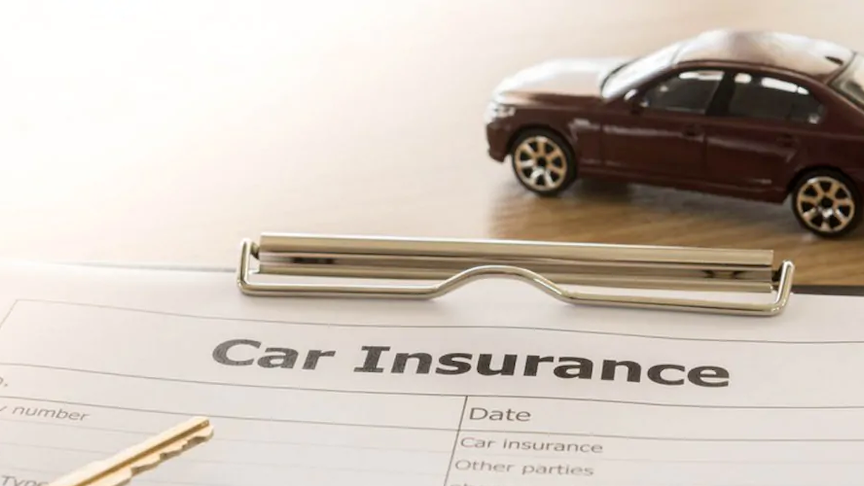Car insurance is required in most states and provides important protection from financial devastation in case of an accident, yet finding one that meets both your needs and is affordable may prove challenging.
Price should not be the sole determining factor when it comes to choosing an insurance provider; also important is their reputation for exceptional customer service and financial strength. Do your homework by consulting financial rating agencies as well as your state insurance department before making your choice.
1. Know What You Need
Insurance companies require some basic information from you, including your name and address. They may also ask about your credit score (using soft pull technology that won’t negatively affect it). They need details about your car too: the make and model year as well as its VIN, safety features, mileage frequency, etc.
Determine your desired coverage amounts. Liability car insurance is mandatory in most states, while additional policies such as personal injury protection, uninsured motorists, and collisions can help protect against potential risks. Each of these has dollar limits and deductibles that can be found on your policy’s declaration page.
Other factors can also affect your rates, such as where you reside (city versus rural), your driving record, and whether or not your cars contain antitheft devices. Some insurers do not cover drivers under 25, while others offer discounts for good grades, taking defensive driving courses, or installing airbags into cars.
2. Shop Around
Shopping around for car insurance is essential to finding a plan that best meets your needs, whether this means visiting insurer websites directly, using online tools, or reaching out to local agents. Furthermore, it’s wise to compare quotes at least annually.
Reviewing multiple quotes is crucial since rates can differ widely depending on factors like your age and gender, driving history (including recent traffic violations/accidents) as well as coverage limits and types. When making comparisons between policies with similar coverage and deductible amounts and prices sure to look for policies with equivalent or similar characteristics – such as having similar coverages/deductibles/limits, etc.
Look at policies with various deductible levels as this could have an enormous effect on your premiums. Just make sure you’re willing to cover a higher deductible in case of an accident and that you understand all your options clearly.
3. Get a Quote
Quotes will depend on the information you provide; therefore, be sure to have all pertinent details available such as driver’s license numbers, names, addresses, occupations, and marital statuses of everyone who will be covered under your policy as well as details for all vehicles on it such as their make, model and Vehicle Identification Numbers (VINs). In addition, questions will likely arise regarding accidents, convictions, and tickets you may have been subject to over time.
Some insurers will ask about usage, such as whether your vehicle is driven to work or used solely for pleasure, which could affect rates. You should request quotes with identical coverage limits, deductibles, and policies to make an accurate comparison between insurers. Also, remember to inquire about discounts offered for bundling multiple forms of coverage together – you could save more by doing this!
4. Review Your Policy
Once you understand your car insurance needs and priorities, the next step should be shopping around for policies. Your choice of car, driving history, and age all play a part in what options and pricing plans may be available to you.
As it’s essential to obtain multiple quotes and compare deductibles, coverage limits, and premiums offered by each insurance provider, it is also wise to compare customer service, financial stability and claims handling processes among providers before making your final choice.
Finding the appropriate car insurance policy may take time and effort, but the effort will pay off in the end. By knowing what questions to ask and where to look, you’ll soon have found coverage that suits your situation – something everyone can appreciate.
5. Ask Questions
Asking pertinent questions is key to making sure you fully comprehend and benefit from your policy and insurance investment. Asking specific queries, questions about an insurer’s reputation, or potential discounts could make understanding policy terms simpler for you and can even make navigation simpler.
An agent’s first question should always be “How many drivers are in your household?”; this can set off a conversation about family coverages and bundling discounts. Also, asking “What was the worst accident you have been involved in, avoided, or heard about?” can remind him that price shouldn’t be the primary focus.
Ask your insurer if they offer third-party ratings that allow you to compare carriers based on customer satisfaction and financial stability. Matic utilizes these ratings in less than one minute so you can shop with confidence in an easy, quick manner.
6. Make the Right Decision
When it comes to car insurance, make sure you compare multiple quotes before selecting a provider with competitive rates, excellent customer service and fast claims processing, strong financial standing (Policygenius reviews take this into account), as well as third-party ratings from J.D. Power, AM Best or Standard & Poor’s.
Finding an affordable car insurance plan is essential to all drivers, whether they own or lease their vehicle. But with so many choices out there, it can be overwhelming trying to figure out exactly which coverage suits your needs and budget best. By keeping these tips in mind you will find an appropriate policy for both yourself and your family, giving peace of mind knowing they will be protected should an accident occur.
